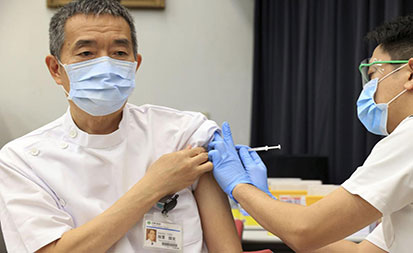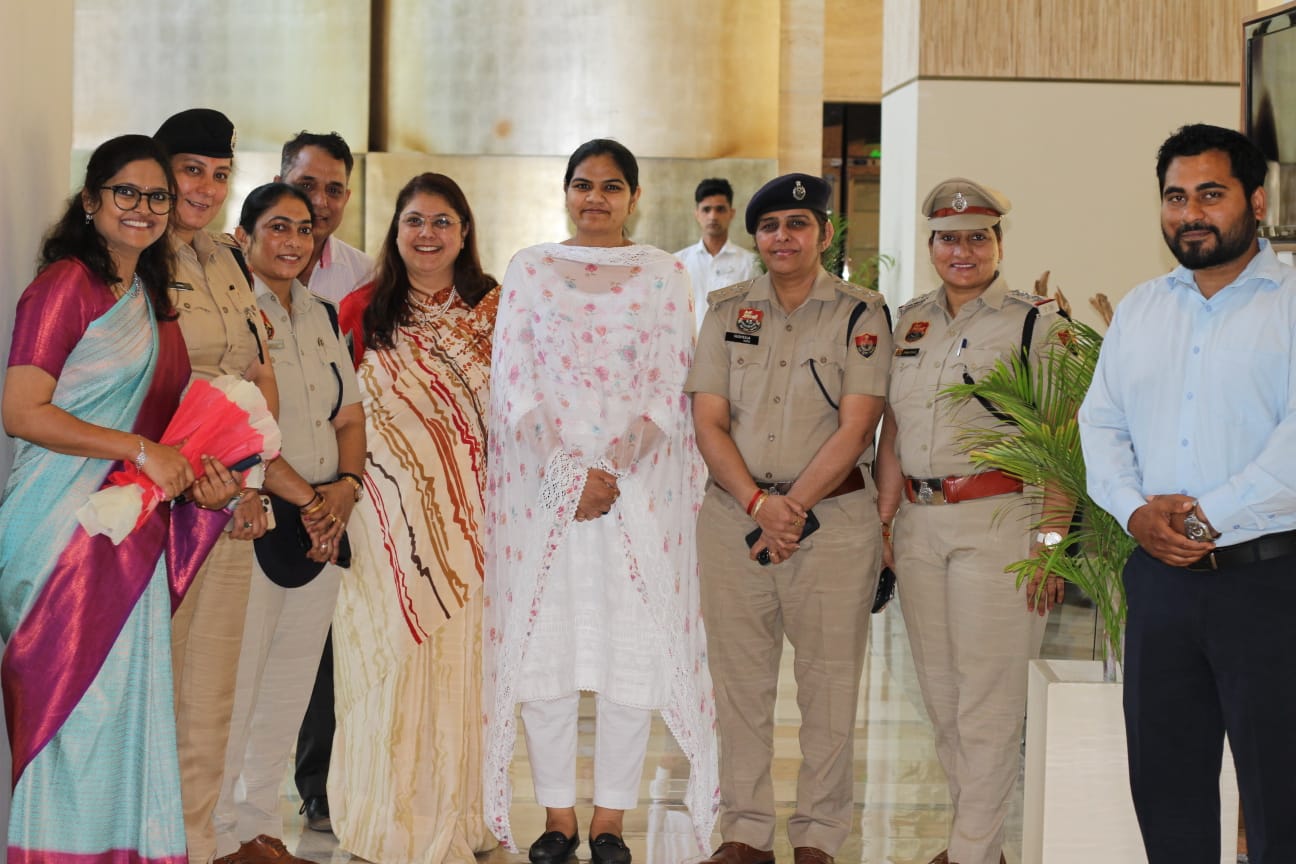Japan urges EU to ensure stable vaccine export
The government minister tasked with overseeing Japan’s coronavirus vaccination campaign on Monday urged the European Union to ensure stable exports of European-made vaccines, warning that any attempt to suspend shipments amid a shortage in Europe

The government minister tasked with overseeing Japan’s coronavirus vaccination campaign on Monday urged the European Union to ensure stable exports of European-made vaccines, warning that any attempt to suspend shipments amid a shortage in Europe would harm relations.
Vaccine Minister Taro Kono”s comments in an interview with The Associated Press come as it looks increasingly uncertain that Japan will be able to source the number of vaccine doses it wanted before hosting the Olympics in four months. “I’m extremely concerned that our friendly relations between Japan and the EU would be (adversely) affected if a shipment (to Japan) is suspended,” Kono said.
Despite the Japanese government’s repeated request for the EU to grant a bulk approval for exports of the Pfizer vaccine, the only vaccine approved so far in Japan, the EU only grants approval per shipment, which causes supply uncertainty, Kono said. “We’ve been telling them not to affect our friendly relations and I hope the EU will grant a bulk approval for shipments to Japan,” said Kono, wearing an EU mask with the message “#Stronger Together” and a stamp of tiny Japanese and EU flag on each side.
Japan’s domestic vaccine development has lagged behind other nations, leaving it reliant on imports. But sourcing enough imported vaccines is a major concern because of supply shortages and export red tape in Europe, where many are manufactured.
Japan has already approved the Pfizer vaccine and approval is pending for shots by AstraZeneca and Moderna. Japan has confirmed orders in for 344 million doses of vaccines to be provided this year — enough for its entire population — but the vast majority are from Pfizer and Moderna and much of the supply for those vaccines comes from Europe.
Coupled with a lack of public confidence in the vaccines and a slow start to inoculations — Japan’s campaign began in February — and there are doubts over whether Japan will be able to vaccinate its elderly population of about 36 million by an initial target of around June before moving to younger people.
It’s now nearly impossible for Japan to acquire so-called herd immunity before the already delayed Olympics start in July. Still, Kono played down the importance of the Olympics to his planning of Japan’s vaccine rollout. “The Olympics is not part of my vaccination schedule,” Kono said. “At least since I”ve become vaccine minister, I have never linked the Olympics to vaccination.”
Japan has already said it will not allow foreign spectators at the Tokyo Games, and it is not responsible for providing vaccinations for participants. The International Olympic Committee has said it will strongly encourage participants to be vaccinated but not require it. Nevertheless, an offer from China to provide vaccines for all participants in Tokyo and at next year’s Beijing Winter Games likely will add to calls to have athletes get vaccinated.
For Kono, his focus is on securing enough vaccines and getting them into as many people who need it after providing protection for the most vulnerable — medical workers and the elderly — of Japan’s 127 million people — over the coming months.
Inoculations of a first group of about 4.8 million health workers started in mid-February, and eligibility will open to about 36 million people aged 65 and older starting in mid-April. People with underlying health issues, as well as caregivers at nursing homes and other facilities, will be next, before the general population receives its turn.
The 344 million vaccine doses Japan has ordered includes 144 million doses from Pfizer, 120 million from AstraZeneca and 50 million from Moderna. Prime Minister Yoshihide Suga has pledged to step up support for Japanese vaccine developers, in response to growing calls for the government to reconsider its vaccine strategy for national security and crisis management.
“If we had domestically-developed vaccines, we could exchange opinions and set our long-term vaccine strategy, but we can’t do that unfortunately,” Kono said.






